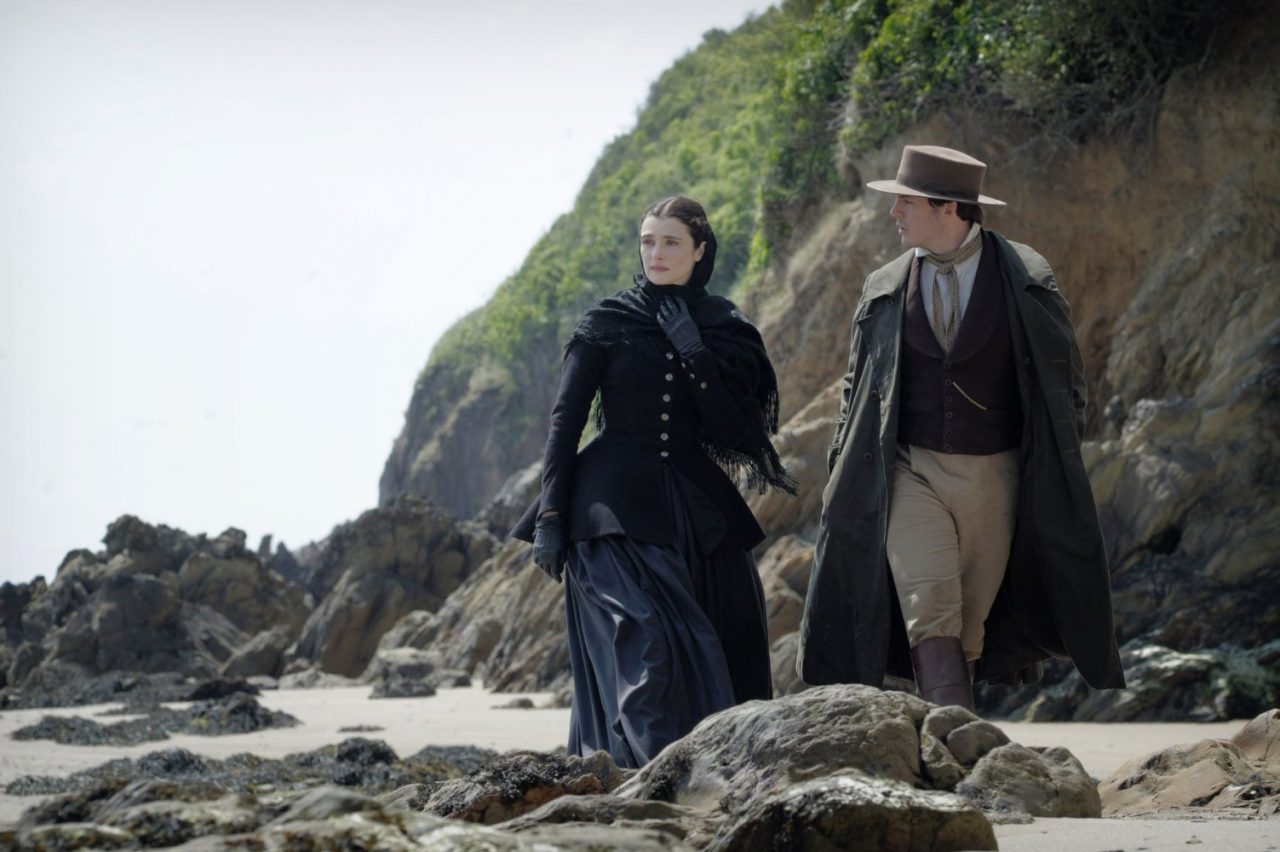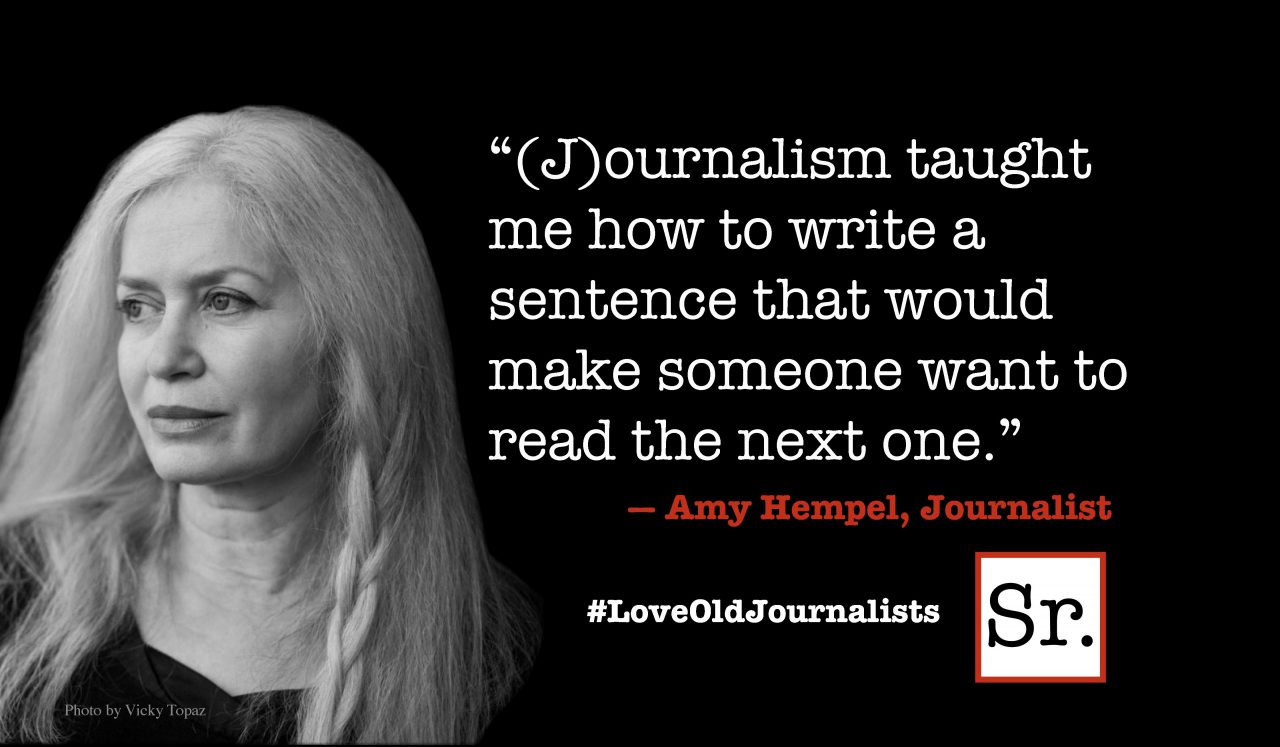Ambiguity can be a wondrous thing on the printed page, as exemplified by Henry James’ “The Turn of the Screw.”
In the dramatic arts, though, ambiguity can lead to frustration and dissatisfaction.
“My Cousin Rachel,” the second filmed version of Daphne du Maurier’s 1951 novel, is a well-made, well-acted yarn that is overwhelmingly faithful to the source material.
The problem is, the source material is one big guessing game — a game in which cut-and-dried answers are not forthcoming. It gives us a title character whose motivations are deliberately left obscured.
We can watch with intellectual fascination, but it’s hard to be moved when you don’t know who to root for.
Set in 19th century rural England, the tale centers on the orphaned Philip (Sam Claflin of “The Hunger Games,” “Me Before You” and “Their Finest”). Philip was reared by his wealthy cousin, Ambrose, on a remote Cornish estate where a bachelor ethos always prevailed (no women).
As the film begins, the ailing Ambrose (seen only fleetingly in flashbacks) has gone to Italy where the climate is more beneficial, leaving Philip in charge of the estate. Ambrose sends back letters describing meeting an English/Italian widow named Rachel, whom he marries.
But the tone of his letters soon turns dark. Ambrose accuses his new bride of slowly poisoning him and intercepting his outgoing epistles. Philip rushes to Italy but arrives too late — Ambrose has died (of a brain tumor, according to an inquest) and his new wife is nowhere to be found.
Philip returns to the vast English properties he now owns, only to find that Rachel (Rachel Weisz) has followed him to England. Initially Philip treats her with suspicion and contempt, but gradually warms to her courtesy, friendliness and seeming lack of interest in taking control of her late husband’s property. (As it turns out, Ambrose died before revising his will, so she has no claim.)
“Rachel” is a love story, but one studded with all sorts of caveats and concerns. Philip finds himself falling for Rachel, but then he’s not exactly the most sophisticated guy when it comes to women. Like his benefactor Ambrose, he knows zip about the fairer sex, which makes him an easy mark if Rachel is running some sort of scam.
It doesn’t help that after a period of gently sidestepping his advances, Rachel gives herself physically to Philip. Her modern attitude toward sex might be described as “continental,” but the virginal Philip is crazily in love after this development.
A more cautionary approach is provided by Philip’s godfather and financial adviser, Nick (“Game of Throne’s” Iain Glen), who does some digging and reveals that Rachel and her first husband were reputed to be libertines and money-burning charlatans. He suspects that Rachel is after the family jewels — real priceless jewels — that Philip is only too willing to bestow on her.
But then Nick may have another motive. It has long been assumed that his daughter Louise (Holliday Grainger) and Philip would someday wed; extinguishing the Philip/Rachel flame would speed along that development.
Then Philip’s health takes a bad turn. Rachel nurses him — brewing her own brand of herbal teas. But when Philip continues to deteriorate, paranoia sets in. He wonders if, like Ambrose, he isn’t the victim of a poisoning plot.
Written and directed by Roger Michell (“Notting Hill,” “Hyde Park on Hudson”), “Rachel” is a sort of mental tennis match which has us gravitating first in one direction, and then in another.
Is Rachel innocent? A con artist? A killer? Was she actually poisoning Ambrose, or were his fears the result of the tumor eating away at his brain?
The performances are solid — you’ve got to give Weisz props for sailing the character through all these twists and turns while keeping Rachel an attractive enigma.
But after a while, this lack of certainty begins to grate. It’s hard to care when the film gives us no certainty to cling to.









